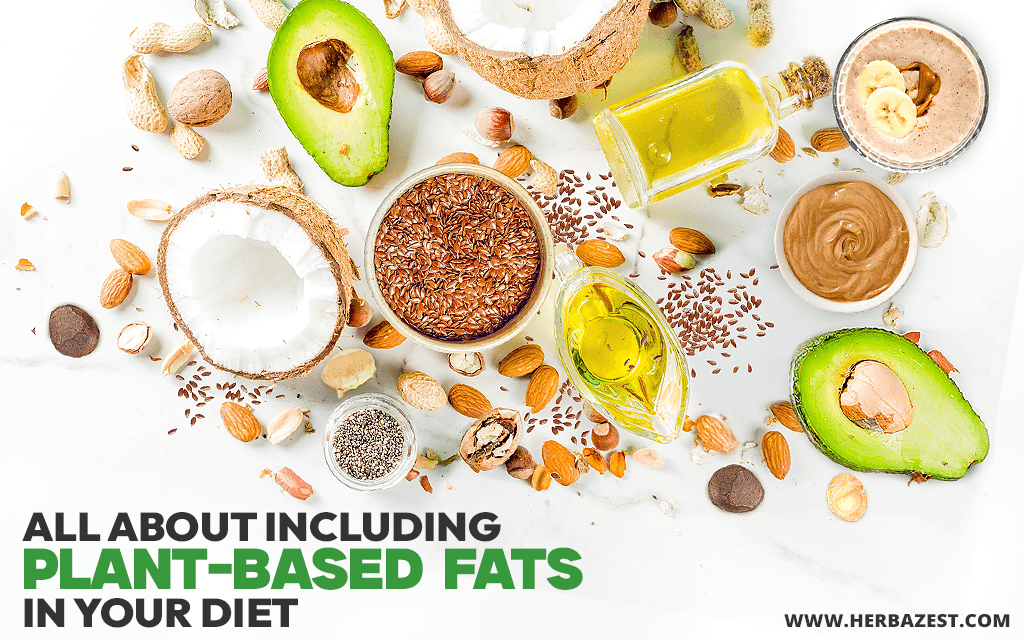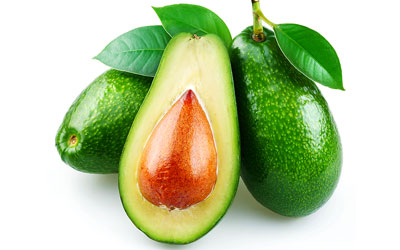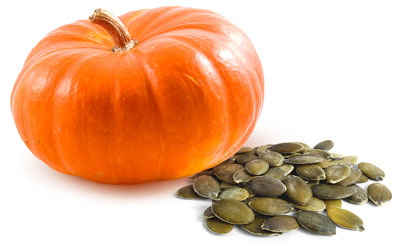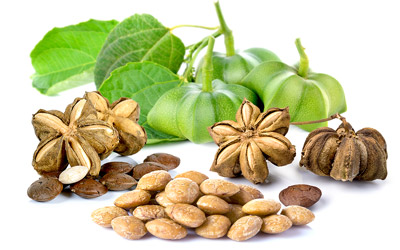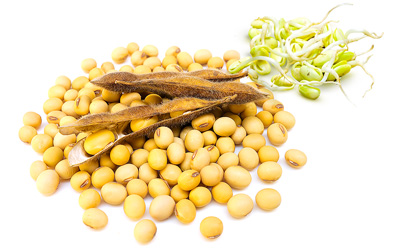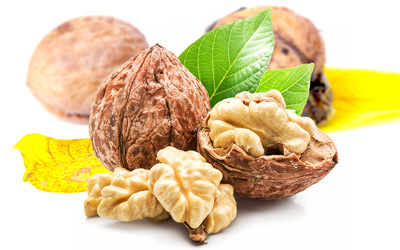When it comes to having a bad reputation, fats are right at the top of the list, with carbs being strong contenders. So much so that it gave rise to the concept of a low-fat diet, which had been promoted for nearly half a century. However, current research shows that recommendations to avoid fat in one's diet were flawed.
Dietary fat is one of the three macronutrients that are crucial for proper functioning of the body. But not all fats are made equal, and those of plant-based origins are associated with important health benefits.
Find out all about adding plant-based fats to your meals, including their types, benefits, sources, and best uses!
What Fats Will I Get from Plants?
Plants are the principal source of unsaturated fats, which are colloquially referred to as “healthy fats.” They come in two types:
- Monounsaturated fats, like oleic, palmitic, elaidic, and vacentic acids
- Polyunsaturated fats, like omega-3 and -6 fatty acids
Most fat-containing plant foods have no or small amounts of saturated fats, except for coconut, coconut oil, cocoa butter, and palm kernel oil, all of which are high in saturated fat. Main sources of saturated fats are meat, dairy products, and processed foods.
Benefits of Eating Healthy Fats
There has been a lot of research done to better understand the role of different types of fats on human health. Studies after studies continue to provide evidence of how important it is to include healthy fats in a daily diet, especially when they replace saturated fats:1,2,3,4,5
- Reducing premature death risk
- Reducing heart disease risk
- Lowering “bad” cholesterol levels
- Raising “good” cholesterol levels
- Regulating blood sugar levels
- Lessening inflammation
- Supporting brain health
- Preventing insulin resistance
- Improving gut health
- Improving vitamin absorption
It's worth keeping in mind that too much of a good thing can backfire. Experts recommend fats constitute about 30% of daily calorie intake.6
Best Sources of Healthy Fats
While fatty fish is also considered a good source of omega-3s, they do not produce them. Rather, fish obtain healthy fats from plants, namely algae and plankton.
There are plenty of plant-based foods that are incredible sources of healthy fats. Some - like avocados - have mostly monounsaturated fats, while others, like sunflower oil, pack great amounts of both mono- and polyunsaturated fats.
- Avocados
- Olives, including olive oil
- Tree nuts, like walnuts, cashews, and almonds
- Peanuts, including peanut butter
- Seeds, like those of sacha inchi, flax, hemp, pumpkin, and sunflower
- Soybeans and soy products
How to Add Plant-Based Fats to Your Meals
Most of healthy fat sources are readily available for consumption and do not require any cooking. Adding them to daily meals could not be easier. Here are some ideas:
- Enjoy trail mixes as a healthy snack
- Use avocado oil in homemade salad dressings
- Add sacha inchi seeds to granola or muesli
- Mix in ground flax seeds in smoothies
- Use sunflower seed butter as a dip
- Make a batch of guacamole to snack on
When cooking or baking with oils that contain healthy fats, be mindful of their smoke point:
Use refined sunflower, coconut, or avocado oils for frying at high temperatures (400°F/204°C and higher).
For baking and sautéing on medium heat, go with oils like grapeseed oil as well as unrefined avocado and extra virgin olive oil.
Best options for gentle sauteing on low heat include unrefined coconut, peanut, and sunflower oil.
Oils with a low smoke point (225°F/107°C) — like flaxseed and almond oil — should not be heated and are best in salads.
The consensus among nutrition experts is that the healthiest diets include balanced amounts of the three macronutrients: unsaturated fats, complex carbs, and lean protein. Filling your plate with vegetables, fruits, lean protein, and whole grains will ensure that you consume a richness of macro- and micronutrients that your body needs to thrive.
Sources
- Ghana Medical Journal, Coconut oil and palm oil’s role in nutrition, health, and national development: A review, 2016
- Harvard Health Publications, Plant-based fats: Better for the heart than animal fats? | The truth about fats: the good, the bad, and the in-between
- Harvard T.H. Chan - School of Public Health, Forty years of low-fat diets: a ‘failed experiment’ | Have low-fat diets made us fatter?
- Mayo Clinic, Dietary fat: Know which to choose, 2023
Footnotes:
- Advances in Nutrition. (2022). Weighing Evidence of the Role of Saturated and Unsaturated Fats and Human Health. Retrieved October 13, 2023, from https://www.ncbi.nlm.nih.gov/pmc/articles/PMC8970838/
- American Journal of Clinical Nutrition. (2018). Monounsaturated fats from plant and animal sources in relation to risk of coronary heart disease among US men and women. Retrieved October 13, 2023, from https://pubmed.ncbi.nlm.nih.gov/29566185/
- Cleveland Clinic. (2022). The Skinny on Unsaturated Fats: Why You Need Them and the Best Sources. Retrieved October 13, 2023, from https://health.clevelandclinic.org/the-skinny-on-unsaturated-fats-why-you-need-them-the-best-sources/
- Harvard TH Chan. (n.d.). Types of Fat. Retrieved October 13, 2023, from https://www.hsph.harvard.edu/nutritionsource/what-should-you-eat/fats-and-cholesterol/types-of-fat/
- Observatoire de la Prevention. (2020). Choosing dietary sources of unsaturated fats has many health benefits. Retrieved October 13, 2023, from https://observatoireprevention.org/en/2020/02/05/choosing-dietary-sources-of-unsaturated-fats-has-many-health-benefits/
- Cleveland Clinic. (2019). Fat and calories. Retrieved October 13, 2023, from https://my.clevelandclinic.org/health/articles/4182-fat-and-calories


